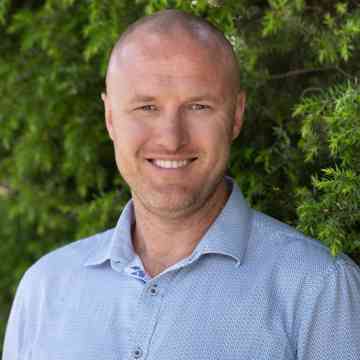People can become addicted to almost anything that produces a rewarding outcome
When people think of addictions they often think of drugs, alcohol and gambling – but there are addictions that are just as common, such as work, sex, shopping, pornography and even success.
Most people engage in these activities or behaviours without causing major disruption to their lives.
However, what differentiates a healthy relationship with these activities from an addiction is how they affect a person’s life. Addiction and dependency to these behaviours, activities or substances cause harm to relationships, families, responsibilities and other interests.
Why do people develop addictions?
People are especially vulnerable to developing addictions if they have underlying difficulties, stresses or grievances which they feel unable to manage. If this is the case, dealing with the underlying difficulty can help the person with the addiction feel that they are back in control of their life.
People are often ashamed of their addictions, or are worried about the consequences of an addiction being discovered by others.
Frequently those with addictions resort to lying to family and friends in order to conceal the addiction, a behaviour which can cause real damage to relationships.
If you are struggling with an addiction the following information may be helpful:
Carefully weigh up the pros and cons of making a change in your life versus maintaining the addiction
You may decide that you do not want to change your behaviour at present, and are willing to accept the negative aspects of your addiction. Alternatively, you may decide that the addiction is bringing too much negativity into your life, and are willing to participate in the process of change.
Carefully think about the time in your life when the addiction started
Consider any difficulties, stresses or grievances you were experiencing at this time. It is important to do what you can to deal directly with these difficulties in a proactive way. This may mean grieving for a loss you experienced at the time, apologising for behaviours which you are ashamed of, or sorting out a lost relationship of significance in your life.
Recognise that an addiction tends to play an important role in a person’s life
It is important to understand the need you are fulfilling by having the addiction in your life, and find alternative ways of addressing that need. For example, a person may get anxious in social situations and become dependent on drinking to deal with this anxiety. To assist in reducing a dependence on alcohol, it will be necessary to learn more positive ways of dealing with nervousness in these situations.
Understand that engaging in addictive behaviour generally involves justifying to yourself that your behaviour is acceptable
Think about how you give yourself permission to feed your addiction – then start giving yourself more realistic and helpful messages about the implications of your addiction.
Identify your high-risk triggers: those situations in which you are most likely to engage in your addictive behaviour
Think about how you will deal with these situations, and plan what you will do as an alternative to lapsing back into addictive behaviour. For example, a person who deals with family stress by avoidance through over-investing in their commitment to work would benefit from recognising this behaviour and identifying more constructive ways of dealing with stress within the family.
Recognise that breaking an addiction involves breaking habits
Consider carefully the way that your day-to-day life allows you to participate in your addiction. Make as many changes as you can so that your life style no longer supports your addiction.
Understand that blame and shame tend to be extremely unhelpful for dealing with addictions.

Marcus Andrews
Marcus Andrews is the founder and director of Life Supports, which was established in 2002. He has extensive professional experience working as a counsellor and family therapist across a broad range of issues. The core component of his role at Life Supports involves the supervision of other counsellors, including secondary consultations. Marcus has worked in many sectors, including private, government, non-profit, health, forensic and community practice.
Recommended Reading
Get help now
Appointments currently available
Open 8am to 8pm weekdays and 9am to 5:30pm weekends